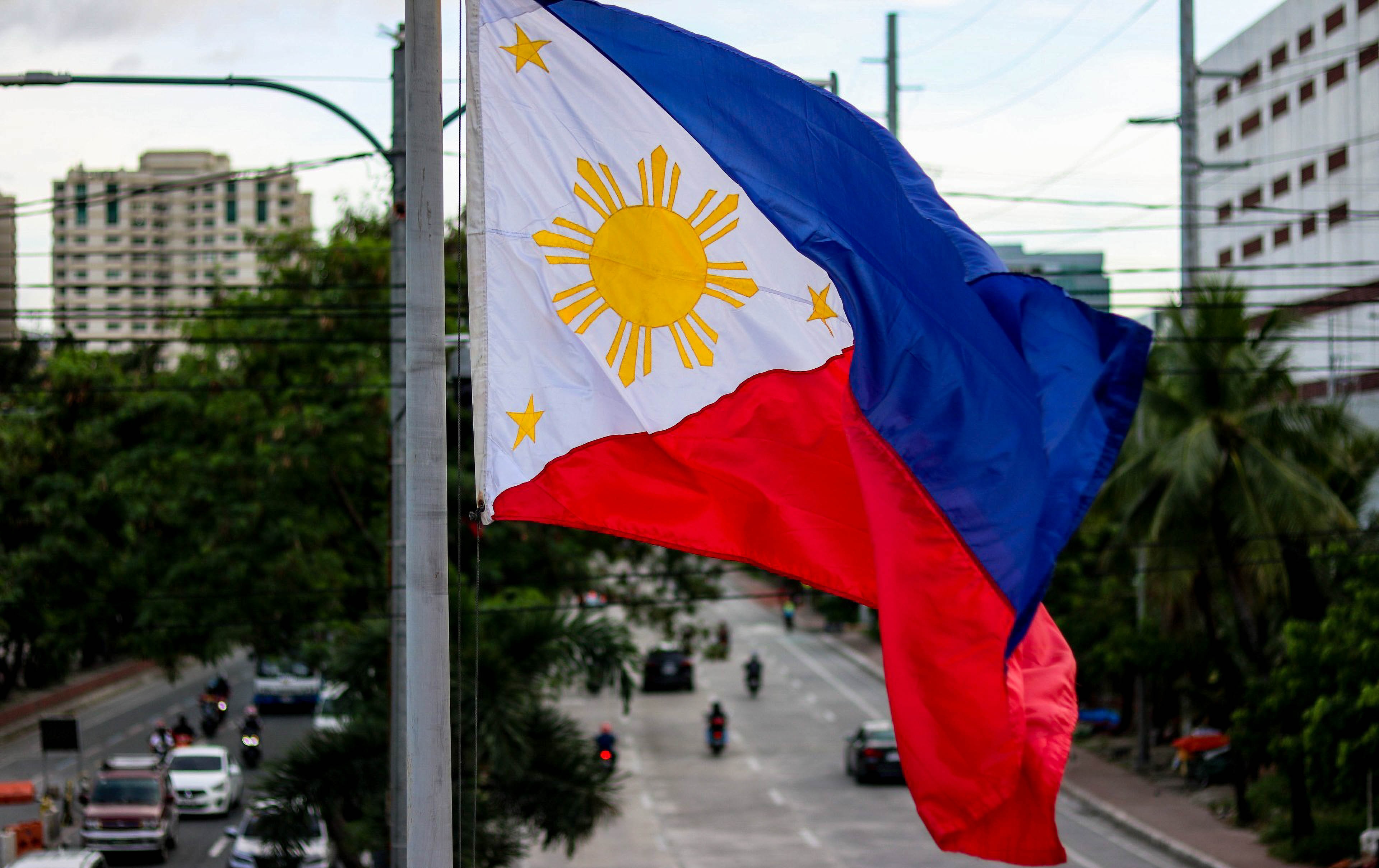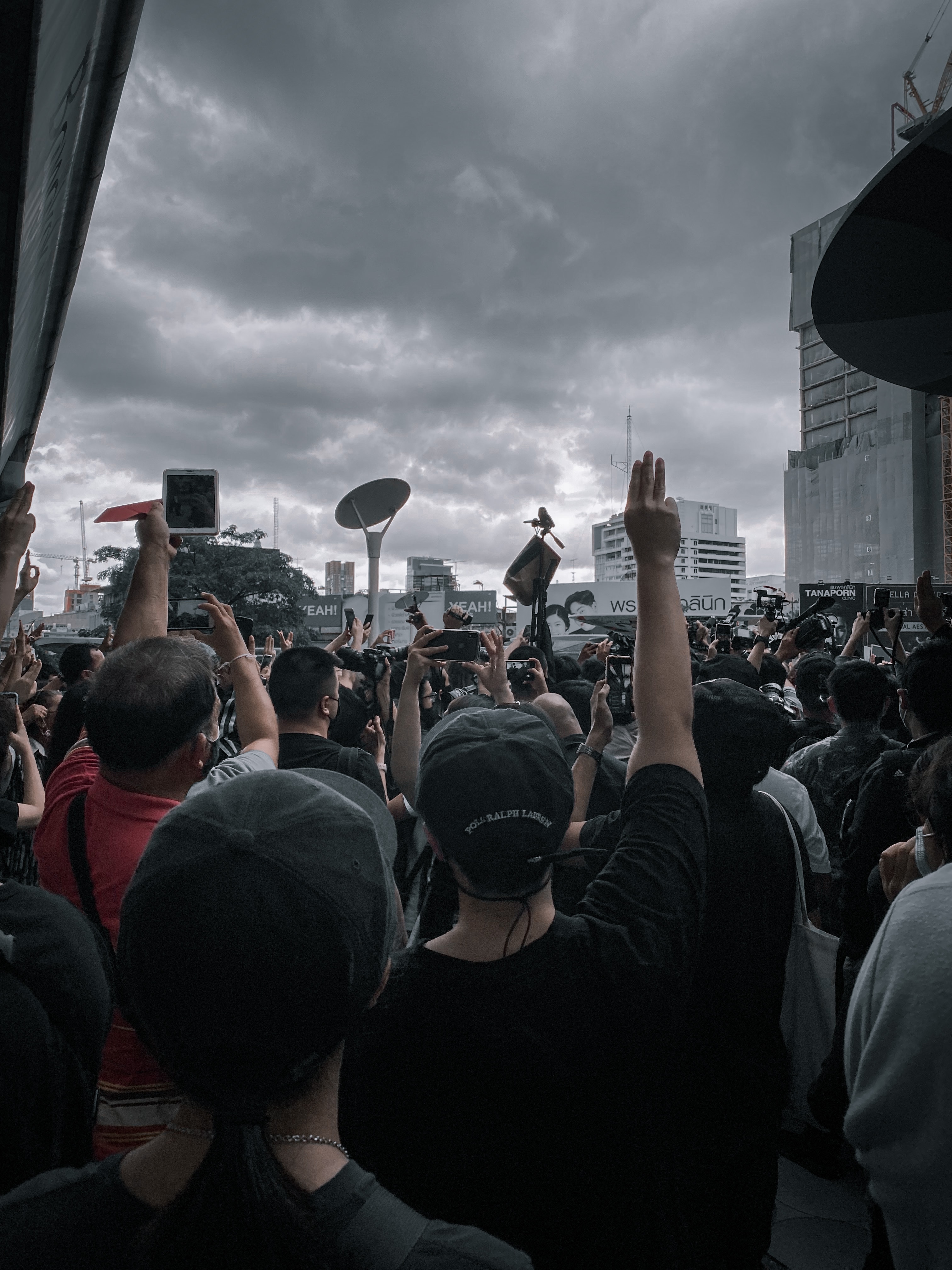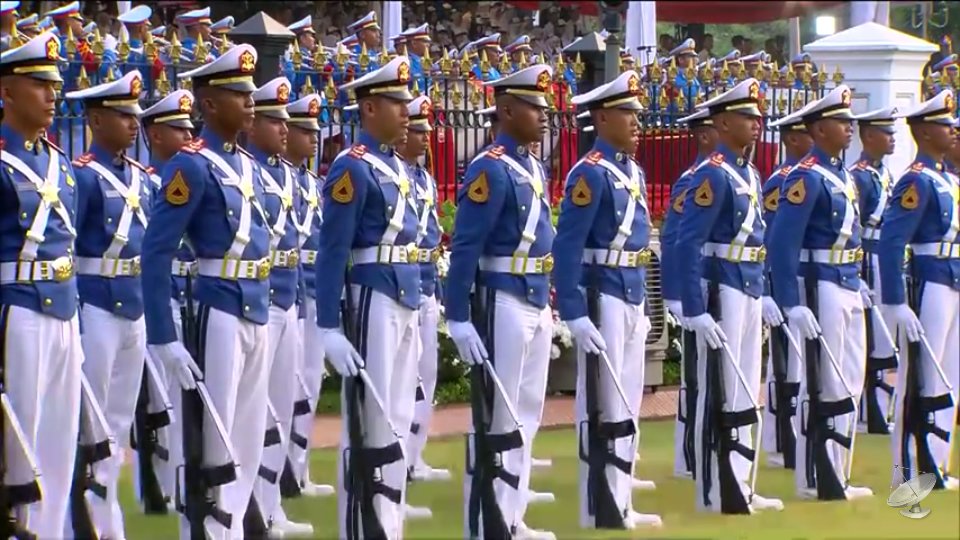Since the founding of Timor-Leste, foreign aid and energy collaboration have been predominant in state development and political stabilization. As such, those manifold foreign interactions have formed the intricate relationship between Timor-Leste and extra-regional powers, writes Duan Haosheng, Liu Yunkang, and Zeng Damei
_______________________________________________
‘We are aware of our geographical position, which forces us to live with our neighbors and to be part of the world. We will seek to become a member of ASEAN and APEC,’ said Jose Ramos Horta in 2000. Like most ASEAN states, Timor-Leste shares a common “collective memory” of colonization with them. With the collapse of the Majapahit Empire, Timor-Leste was colonized by Portugal for 400 years until Timor-Leste secured itself to implement national self-determination from Portugal in 1975. Subsequently, in 1999, Timor-Leste held a referendum on independence from Indonesia. In 2002, Timor-Leste officially became an independent sovereign state and the youngest country in Asia.
In 2011, this island state, located at the eastern end of the Nusa Tenggara archipelago, formally submitted its application to participate in ASEAN for the first time. After an eleven-year “marathon,” eventually, an ASEAN Leaders’ Statement on the Application of Timor-Leste for ASEAN Membership was adopted by ASEAN leaders at the 40th and 41st ASEAN Summit in Phnom Penh on 11 November 2022. ASEAN agreed in principle that Timor-Leste would become the 11th member state. Albeit the principal admission to Timor-Leste is a historic landmark for ASEAN’s miracle, opportunities and challenges cannot be murmured.
Timor-Leste is listed as one of the most undeveloped states worldwide. The World Bank data shows that Timor-Leste’s economy and infrastructure continue to face significant challenges. Its per capita GDP in 2021 was $1,457, which is only higher than Myanmar’s $1,187 among ASEAN members. Timor-Leste has a lagged economy with an unbalanced structure that is lopsidedly dependent on gas and oil revenues and foreign aid. As such, it also faces certain development problems, especially unemployment and poverty.
However, the economic development issues mostly stretch to security issues. Since the founding of Timor-Leste, foreign aid and energy collaboration have been predominant in state development and political stabilization. As such, those manifold foreign interactions have formed the intricate relationship between Timor-Leste and extra-regional powers. The regional influencers include Australia, the Asian Development Bank (ADB), Japan International Cooperation Agency, European Union, China, and the United States, as the main aid providers to Timor-Leste. Behind the energy collaborations, an undercurrent of major-power competition is surging in the ill-fated Asia-Pacific.
Firstly, Australia, as a traditional partner of Timor-Leste in the energy industry, highly regards Timor-Leste as important for stabilizing its influence in Southeast Asia. However, in practice, Australia and Timor-Leste had some disputes over the maritime boundary in the Timor Sea, most prominently over the Greater Sunrise oil and gas resources, which were first discovered in 1974. President Jose Ramos Horta warned that “if Australia and Woodside Energy Corporation failed to deal with issues such as the construction of a gas pipeline in the resource-rich Timor Sea, Timor-Leste would seek Chinese support to ensure the achievement of Timor-Leste’s national strategic objectives.”
On the other hand, China has proactively started to promote gas-and-oil-related cooperation since Timor-Leste’s independence. In 2020, The Chinese enterprises’ investments reached 130 million U.S. dollars. China, the first country to establish diplomatic relations with an independent Timor-Leste in 2002, had provided multiple development assistance to Timor-Leste in the framework of bilateral cooperation. After Timor-Leste became a member of the Chinese-sponsored AIIB in 2017, several projects under the Belt and Road Initiative (BRI) landed in Timor-Leste in sequence. The most notable China-led projects are the Suai Highway, Tibar Deep Sea Port, and Timor-Leste State Grid; these highways and ports will support Timor-Leste’s oil and gas development plans. In June 2022, Singapore Petroleum Corporation (SPC), a wholly owned subsidiary of PetroChina International Singapore, signed a Memorandum of Understanding (MOU) for cooperation with Timor-Leste’s national oil company, agreeing to deepen cooperation in the oil sector. In the same year, Australia appointed a special envoy, Steve Bracks, to take charge of the stalled Greater Sunrise gas project near Timor-Leste, intended to balance Chinese influence in the field.
In a nutshell, ASEAN may take into account the connection between China’s rapid investment and cooperation with the Timor-Leste government and Australia’s long-term interest in petroleum in the Timor Sea. As a result, ASEAN may pay close attention to the competition among the major powers behind Timor-Leste’s foreign relations, which may further amplify the threat to the already crisis-ridden ASEAN Centrality and regional security pattern. These corporations are located in a geopolitical location wrapped in the sensitive issues of the U.S.-led Indo-Pacific strategy and the goals of the U.S.-Japan-India-Australia Quadrilateral (QUAD) mechanism to blockade China.
Fewer than ten years have passed since Timor-Leste established domestic stability and less than 20 years since it gained its independence. Given the nation’s volatile domestic past and the problems with the people’s livelihood that have not yet been resolved, its domestic political structure is still precarious. Based on its intricate political growth, Timor-Leste developed its distinct political behaviour and concepts. ASEAN should consider that the political experience of Timor-Leste may further influence the non-interference principle of the ASEAN Way. Back in late April 2006, the arrival of independence movement leader President Xanana Gusmão accelerated internal tensions and a near “collapse of the rule of law.” At the request of the Timorese government, an Australian-led International Stabilization Force (ISF) entered Timor-Leste in late May. In August of the same year, the UN Security Council established the United Nations Integrated Mission in Timor-Leste (UNMIT). Timor-Leste is the only Southeast Asian country in the post-colonial era with the intervention of a foreign peacekeeping force; theoretically, this is contrary to ASEAN’s principle of non-interference.
Second, Timor-Leste has exhibited its critical attitude toward a series of Myanmar issues. For instance, Jose Ramos-Horta, the current president of Timor-Leste, has repeatedly condemned Myanmar’s military government against Aung San Suu Kyi and recommended sanctions to the Myanmar military. Resolving the Myanmar issues will also be an essential issue for Timor-Leste after joining ASEAN. Previously, President Jose Ramos-Horta has also criticised Aung San Suu Kyi over the conflict in the Rakhine state.
Third, the territorial issue between Timor-Leste and Indonesia still remains. However, the demarcation of the land border between the two countries was completed as early as 2002. Until 2022, the negotiations between the two sides on the land border demarcation between Kupang, Indonesia, and Oecussi, Timor-Leste, were postponed again as Indonesia hosted the 2022 G20 Foreign Ministers Summit. As a sharp part of traditional political security, the territorial issue would still be a substantial political security concern within ASEAN if it was not properly dealt with before Timor-Leste officially joined ASEAN.
As a result, several conflicts between Timor-Leste and other ASEAN Community members like Myanmar and Indonesia could undermine their political trust in one another. ASEAN should also be worried that the Timor-Leste government may become a force favouring calling for foreign intervention or supporting the Responsibility to Protect (R2P) in response to domestic crises facing ASEAN countries. Timor-Leste’s experience in implementing the R2P in humanitarian crises may broaden the public discussion on ASEAN’s non-intervention versus R2P, especially in the time node where the Myanmar Crisis is in suspense.
Fourthly, ASEAN should keep an eye on the role of Timor-Leste under its religious and cultural properties in the construction of ASEAN identity. Depending on the religious, cultural, and linguistic affinities, Catholic-majority Timor-Leste has intimate diplomatic priorities with Portuguese-speaking countries and other Western countries. Besides its close relations with the former sovereign state of Portugal, Timor-Leste has positioned itself as a Portuguese-speaking country in Southeast Asia and has been the eighth member of the Community of Portuguese Language Countries (CPLC) since its independence from Indonesia in 2002. Although cultural and religious are not a strong-correlation factor of ASEAN regional political security development, Timor-Leste’s cultural identity in the mutual construction with ASEAN identity could encounter some constraints to some extent—especially in the context of historic deputies with Islamic Indonesia—in which the inner cultural and religious divergence could fade out the role of ASEAN identity in deepening the political security community within the members. The balance and coexistence between Timor-Leste’s Portuguese-speaking country identity and ASEAN identity would be another challenge but also an opportunity that ASEAN will face in the future.
Timor-Leste’s admission in principle as a new member means the era of ASEAN 11 will become a reality, which is expected to be a consensual, reciprocal, and long-awaited engagement. Timor-Leste’s accession is irreplaceable and epoch-making positive for itself and ASEAN. On the positive side, the citizens of Timor-Leste as the newcomer may gain more education and employment opportunities from Timor-Leste’s becoming one of the ASEAN member states. There are also increased opportunities for Timor-Leste’s agricultural products to be exported to ASEAN partner countries, thereby contributing to toughing national fiscal revenue. It is worth mentioning that when Timor-Leste resolves territorial disputes and mare clausum conflicts with its neighbours, it can rely on the strength of ASEAN and try to find a way to solve the problem through the multilateral platform. In another aspect of ASEAN, 11 member countries will make it a more representative and ultimately complete body that includes all Southeast Asian countries.
To end, as an expanded actor, ASEAN will play a prominent leading role on the regional and international stages, enhancing ASEAN’s influence in broader Southeast Asia and Indo-Pacific. Furthermore, since its independence, Timor-Leste has been implementing balancing diplomacy among major powers, which coincides with the Southeast Asian diplomatic wisdom of ‘not choosing sides’ or ‘bamboo swirling in the wind.’ In the future, ASEAN will be making concerted efforts to implement its major power balance diplomacy to maintain the centrality of ASEAN. All in all, Timor-Leste and ASEAN should consider how to make the result of ten plus one better for all stakeholders.
______________________________________________
*Banner photo by Thomas Vuillemin on Unsplash
*The views expressed in the blog are those of the authors alone. They do not reflect the position of the Saw Swee Hock Southeast Asia Centre, nor that of the London School of Economics and Political Science.





